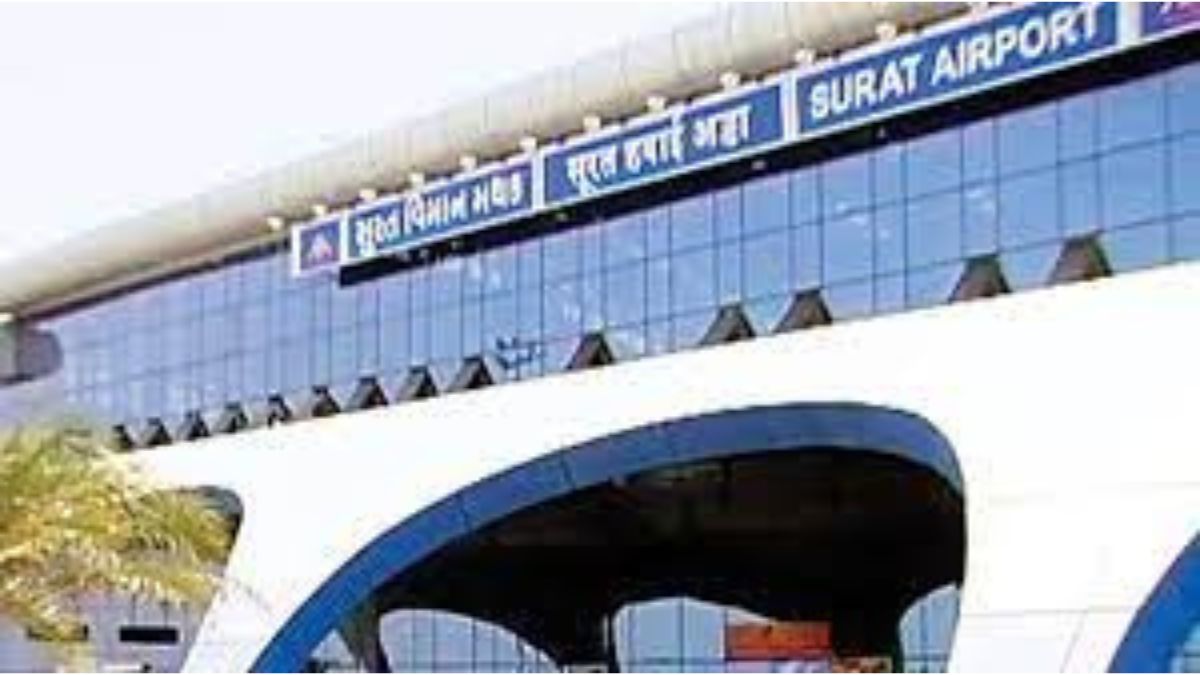AAI turns RTI into RIP to shield corruption at the Surat airport
The AAI answered the majority of the applicant's questions vaguely

Advertisement
Surat : The Airports Authority of India (AAI) has renamed the Right to Information (RTI) Act “Rest in Peace” (RIP) because most RTI applications regarding mismanagement and alleged corruption involving officials at the Surat airport are denied or given evasive responses.
Following the signing of a Memorandum of Understanding, AAI took over Surat airport from the Government of Gujarat (GoG) in 2005. (MoU). According to the MoU, the GoG agreed to provide free police personnel, electricity, water, and land for the development of the airport for the next three years.
Even after 18 years, GoG has failed to revise or terminate the MoU, and AAI continues to receive freebies (Free Ki Revadi) for basic amenities such as electricity and water supply at Surat airport. A scam was discovered in which Surat Airport officials were selling electricity to concessioners and private parties assigned business space at the airport terminal and collecting money from them.
An informed citizen filed an RTI Act application to discover how electricity is sold to concessioners and private parties allotted space on rent by AAI for business purposes at Surat airport. Questions were raised about the list of concessioners and private parties provided with electricity connections from day one to date, the total amount collected, copies of the bills issued and payment receipts given to them, a copy of the AAI bank account statement where the electricity charges collected are deposited, information on the official signatories in the bank account, and where the funds from the concessioners and private parties collected in the name of electricity charges are deposited.
In the RTI, questions were raised about whether an individual officer of AAI is allowed to open a personal bank account to collect such money, who gave him the permission, how the money is being used, where all the money has been transferred, why money is collected without raising bills or providing receipts, and what happens if authorities demand repayment despite the fact that the beneficiaries have paid.
The AAI answered the majority of the applicant’s questions vaguely. When the complainant lodged his query with the Public Grievance Portal, the AAI replied that refund process for the electricity charges collected from concessioners and private parties has been processed and it will be transferred back to the Roads & Building department of the GoG, which is the nodal agency for bills payment of AAI to the Dakshin Gujarat Vij Company Limited (DGVCL).
Even after 45 days, the applicant is yet to get a reply to his first appeal filed with the Western Region director of AAI, who is the de-facto first appeal authority.
Such AAI activity casts doubt on the entire business model of selling electricity and collecting money from private parties and concessioners for electricity that is provided free of charge to AAI.
The applicant has requested that the Government of India conduct a departmental investigation into the Surat Airport officials, as well as a concurrent investigation by the AAI Vigilance Department.
In addition, the applicant has demanded that the Memorandum of Understanding between the AAI and the GoG be immediately amended and that all freebies be withdrawn in order to prevent such financial irregularities.
Advertisement

